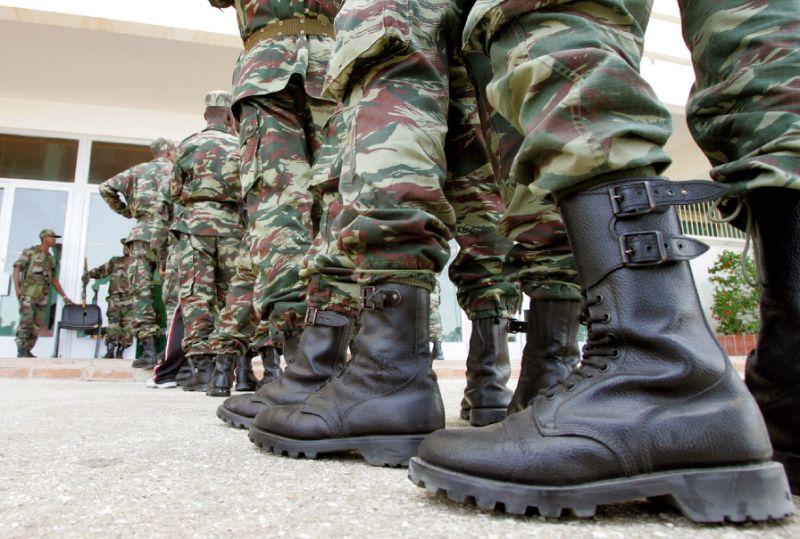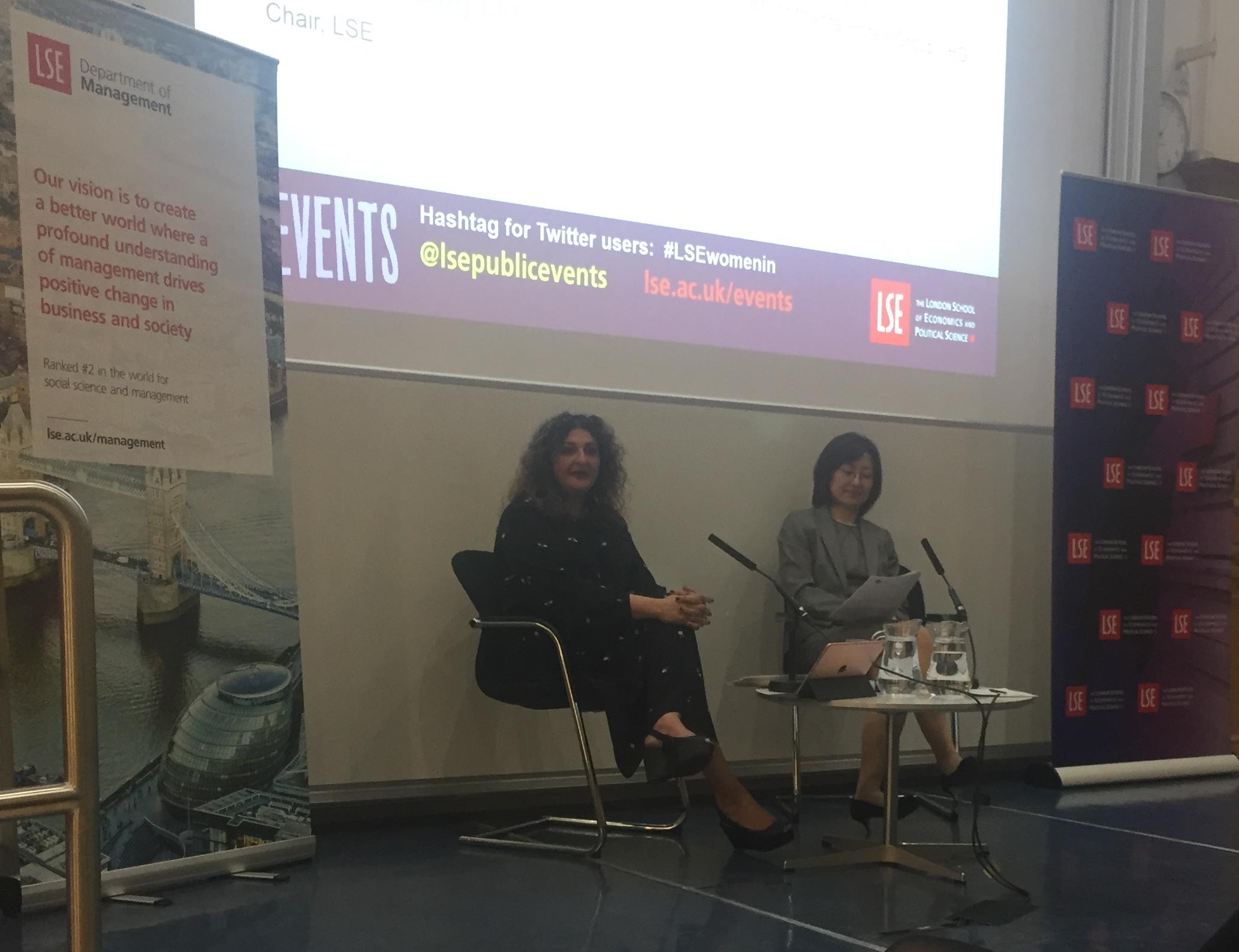In her latest blog post, Global Master’s in Management student Payal Budhraja shares the lessons she learned from a recent guest lecture in class by James Alvarez, a renowned hostage negotiator and consultant psychologist.
On November 29 2009, the Spanish government confirmed that three aid-workers had been kidnapped in Mauritania. They had been distributing humanitarian aid to the poorest villages of the area. Driving on their way to Nouadhibou, the three victims were shot by members of the terrorist group Al Qaeda and kidnapped. The Spanish government paid a ransom of €5 million to release the captives. In this case, the Spanish government participated in the economic compensation, but most countries do not negotiate with terrorists. Whether the mediation is done through a governmental organisation or an independent one, a negotiator is needed to ensure that an agreement is reached between the parties involved.
The role of a negotiator is very important in facilitating a successful negotiation where no one gets hurt. Hostage negotiation might seem to be a world away from my Global Master’s in Management degree at the London School of Economics, but I’ve learned that on a basic level negotiation skills are negotiation skills, no matter the context.
James Alvarez, a renowned hostage negotiator and consultant psychologist, came to speak to my class a few weeks ago about this very topic. According to him, there are two goals of negotiation: to solve problems and to build relationships. To negotiate successfully, you need to know the interests and motivation of the other party, find your common interests and if needed, give them your side of the story too. “People are not against you, they are for themselves”, as rightly quoted by him.
How can you successfully negotiate in a board meeting? How do you come to a best price for your product with a customer? Negotiation in management usually revolves around price. More specifically, it is centred around the notion of ‘reservation price’, which is the least favourable price at which you will accept the deal, and the idea of BATNA – the ‘best alternative to a negotiated agreement’. In other words, the BATNA is not your ideal scenario, but your ‘Plan B’ if your opponent refuses to negotiate with you. Assuming that both parties in a negotiation have a set reservation price and BATNA, there are two kinds of negotiations that can arise: integrative and distributive.
Integrative negotiation refers to a situation in which both parties can produce a greater outcome together than either could reach on their own. It is used when the parties have a relationship or want to establish one. Cooperation can, at best, lead to each party getting a hold of their aim (e.g. the customer gets the product, and you receive good payment in return).
On the other side, distributive negotiation refers to a situation where there is a fixed amount of ‘gains’ for the counterparties: what one party gains, the other loses. The parties in this kind of negotiation don’t know each other and don’t believe they will need to develop a relationship with each other for use in the future. Most hostage negotiations fall into this category, and this can also apply in management contexts – for example when you go to buy a used car. It is a one-time transaction and you try and maximise the value you get by negotiating the best price.
To negotiate successfully in either of these situations, James Alvarez suggests putting yourself in the other party’s shoes. What problem are they trying to solve with this negotiation? What outcome are they looking for? What is their reservation price? By making it clear to your opponent that you understand and sympathise with their needs and bottom-line in terms of price, you will have a better chance of steering the negotiation towards an integrative, cooperative approach, and thereby reaching a deal which works well for both parties.
By setting your own reservation price and BATNA, you can also define a line which you will not cross in negotiations. You can pre-agree the point at which you will be comfortable to walk away, and instead pursue your ‘best alternative’. This will give you a strong negotiating position, by making it clear to the other party that you are not prepared to back down and give in to an outcome which does not work for you.
It is obvious that negotiation strategies differ greatly under different circumstances, but through James’s fascinating talk I’ve learned that negotiation skills introduced by hostage negotiators can be applicable and effective for managers. Negotiation strategies have to be based on a clear understanding of the negotiation purpose, and the interests of both parties. Every negotiator, including managers, will better achieve the negotiation goal by choosing the right negotiation strategy for their particular context.
THE AUTHORS
Payal Budhraja, Stephanie Ho, Alba Rocafort Marco, Giulio Rossi and Jiali Wu are students on the two-year Global Master’s in Management programme in the Department of Management at LSE. They wrote this blog as part of their Capstone ‘Management in Action’ course.






